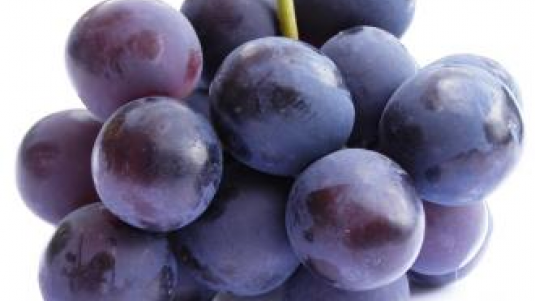More on Contests

Dear Daniele,
In regard to your article that appeared in your magazine on May 7 allow me to make the following observations:
a) It is not true that wine contests in Italy have to have the approval of Assoenologi. The organizers themselves are the ones who entrust the Association of Italian Enologists and Wine Experts with responsibility for the technical aspects according to precise regulations that our organization has the sole task of enforcing. There are, in fact, numerous wine contests that are organized without the input of Assoenologi.
b) It is not true that only in Italy contests are organized in this manner given that the governing norms are sanctioned by the International Office of Vine and Wine (OIV), recognized by the European UNI0N and valid in many member states, which in Italy's case was ratified by the law DL 61/2010 that states, among other things, that in order to award recognition wine contests must be approved by the Agriculture Ministry and that the juries must have a majority of members who are recognized experts in the wine-making sector.
Aside from reminding you that I am the director of Assoenologi and not its president, who is Giancarlo Prevarin, I would like to inform you that recognitions awarded by groups like the ones you mentioned (Decanter, Gambero Rosso, etc) and not the product of wine contests nor even authorized nor recognized by the Agriculture Ministry. The contests I wrote of initially are, on the other hand, real wine contests that, in Italy just as in Germany, France and all other EU countries, are governed by a single and common regulation.
As you know, I am always open to all discussion and innovation, but let us discuss these without giving false information.
Regards,
Giuseppe Martelli
It is clear that Martelli gas not read my follow-up piece (in which I corrected his and Prevarin's positions), nevertheless he had something to say and I have no problem publishing his letter. However, I will now respond to it.
At the heart of the question is the law 61 of 2010 that, in fact, requires that any 'official' contest approved by the Agriculture Ministry and have a jury where the majority is made up of recognized experts, who always seem to be enologists.
If this were not the case, there would be no explanation for the reaction Assoenologi President Prevarin had to an attempt to amend the law in question by Senator Bianconi that sought to modify the makeup of juries in wine contests approved by the State.
It is obvious that the awards handed out by Decanter, the Italian Sommeliers' Association (AIS), Gambero Rosso, Slow Food, Wine Spectator and so on are not the result of an official wine contest but it is perhaps because of this that they carry more weight than those awarded by juries where the majority of the jurors are Assoenologi members and who in some cases have their own wines competing. But this, I hope, was already evident my initial article as well as the following one that commented on Prevarin's reaction, which was very polemic towards AIS who he accused of attempting to carry out a 'coup' against Assoenologi.
While it is true that the EU regulations governing 'official' contests are copied from the Italian law, it is equally true that in Europe such contests are few and far between while in Italy there are countless, allowing Assoenologi to almost operate as a 'service' organization, with all the responsibility that this entails but also all the benefits, including economic.
There is obviously nothing wrong with that, however, it is important that everyone understand how the system words.
Nevertheless, I remain of the same opinion, one that appears to coincide with the intentions of Senator Bianconi, which is that those who make the wine, or are professionally involved in its production, should not have the majority in juries that are judging it. There is a lack of objectivity that could even be unconstitutional, from a legal standpoint. And all this regardless of the possible roles for other associations.
Things being what they are and until the laws change, even on an EU level, although I can understand how they may have other priorities, I would ask Assoenologi to do just one simple thing. And that is that they do not include in any jury any wine-maker who has a wine in competition. This would be an act of transparency and sincerity that one would expect from such a professional and prestigious association as Assoenologi.

 Italiano
Italiano







